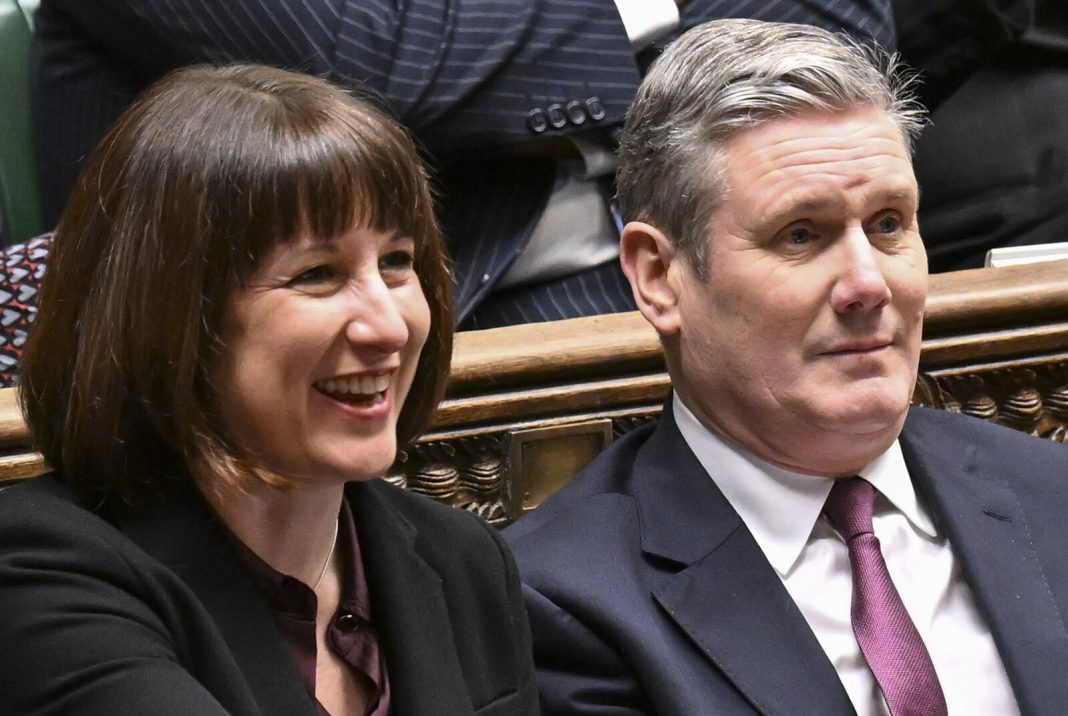For a budget involving tax rises worth £40bn, it’s pretty damning that Labour’s Autumn Budget can still be branded a ‘non-event’. However, this label may be apt in some ways: the pattern of increased spending and taxation continues from the previous government, with a lack of the large-scale tax reform that some might hope for from the first Labour government in 14 years. This budget might feel additionally inconsequential for young people, with its light touch on concerns surrounding climate and costs of education.
How might the budget actually impact young people? The most pressing way will likely be through employment: for those aged 18-20 already working, a 16.3% increase raising the hourly minimum wage from £8.60 to £10 will boost earnings. Those above 21 will experience a 6.7% increase to £12.21/hour. Given that even an undergrad degree at Oxford likely leaves little time to be working a job during term time, students at Oxford are more likely to be impacted by the increase to National Insurance (NI) contributions. This tax increase alone makes up more than 60% of the anticipated £40bn, as employers will now have to contribute 15% of worker’s earnings above £175 – effectively, employers will have to start paying NI for workers earning £5000 per year, instead of £9000 as previously. Despite Reeves’ suggestion that businesses could ‘absorb’ the costs of these tax increases through accepting reduced profits, it’s an unlikely choice for business-owners. The far more likely scenario is that employees will face lower pay rises, and greater difficulty entering the job market.
The choice for tax increases to finance spending was always between the big three: VAT tax, income tax, and NI contributions. However, hopes for tax reform have been stymied, with thresholds for income tax frozen and no notable increases through income itself. There have been long-overdue increases to Capital Gains Tax (CGT), which taxes profits made from selling assets which have increased in value. While much needed, the Institute for Fiscal Studies (IFS) points out that higher CGT is an insufficient change: higher CGT could encourage people to leave the UK before selling their assets to avoid the tax, and reforms to the tax base and current structure of CGT itself would be far more effective.
If Labour makes smart fiscal choices over the next few years, we have the potential to see the growth they’ve promised in the long-term. But, in the meantime, at least there’s a penny off on pints to stave off despair.


